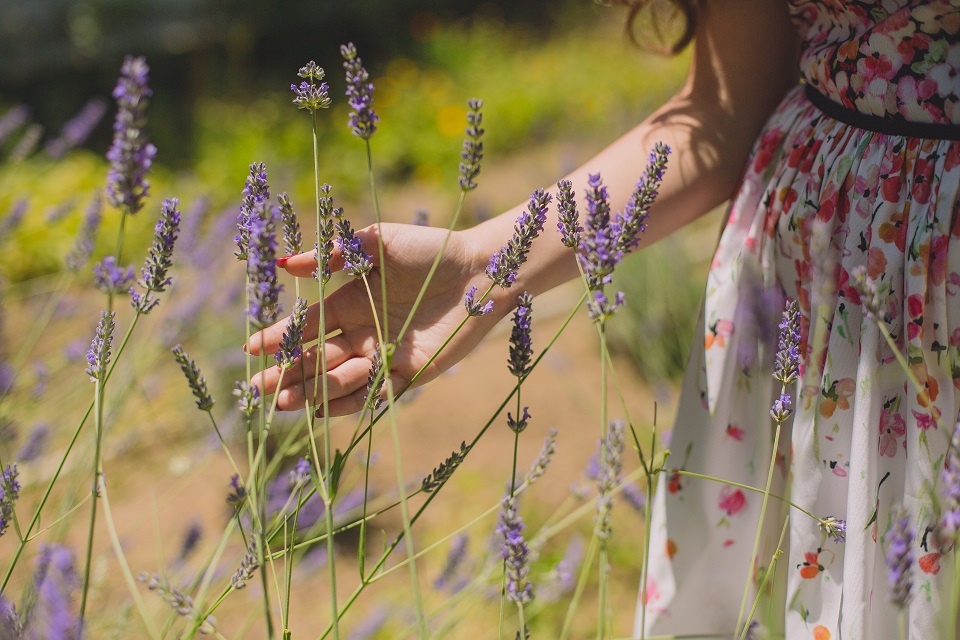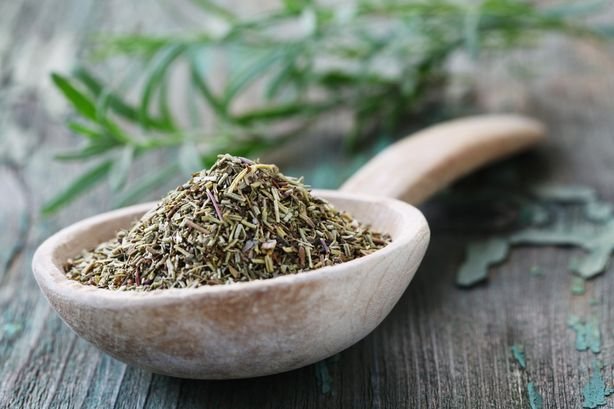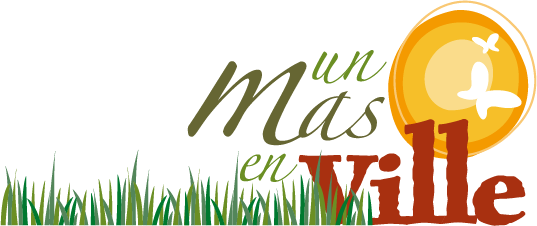
Lavender and herbs from Provence
avender and herbs from Provence, like the olive tree or the vines, are often symbols of Provence.
Lavender with multiple benefits
Originally from Persia and the Canaries, it is said, lavender, whose name comes from the Latin lavare, to wash, has been known since ancient times. The medicinal and antiseptic properties of lavender were already appreciated by the Greeks who used it for the manufacture of medicines. Its calming, insecticidal, anti-rheumatic and sedative properties were widely used, as a kind of universal elixir. The Romans perfumed their baths and their clothes with it. In the Middle Ages, its essence was burned in houses to prevent the spread of epidemics, especially plague and cholera.
La lavande est connue depuis longtemps par les bergers et les paysans de Provence pour ses vertus curatives : elle désinfecte, cicatrise, soigne les brûlures, calme les piqûres d’insectes, éloigne les mites et les moustiques. Sans oublier qu’elle embaume le linge dans les grandes armoires de nos grand-mères.

Herbs from Provence, medicinal plants
Herbs of Provence with names that sing, they have the intoxicating scents of wild herbs. Often used wrongly, the name “herbs of Provence” actually includes five well-defined plants: thyme, rosemary, bay leaf, sage and savory. And yet, there are many others, such as basil, tarragon, fennel, marjoram, oregano, farigoule, wild thyme, bay leaf and all the aromatic plants of the garrigue. Not to mention the famous pesto, a mixture of garlic and crushed basil leaves, the taste of which is exhaled in the famous pesto soup.
We do not always know it, but the herbs of Provence have healing properties. Among other things, sage lowers the sugar level; rosemary, used in Greek medicine, distilled in alcohol, treats rheumatism; thyme infusion is tonic, antiseptic and antispasmodic.

